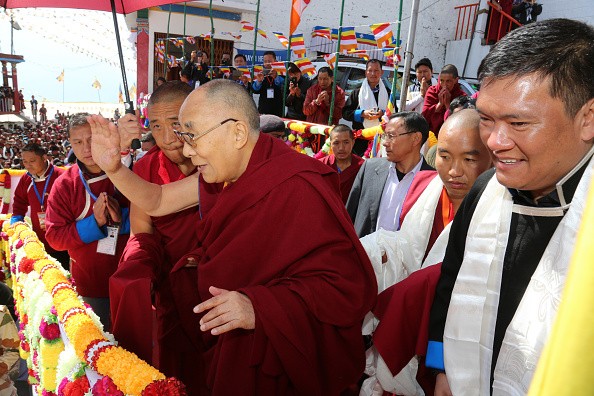Six places in Arunachal Pradesh have recently been renamed by China, according to an article by the Press Trust of India (PTI). Some experts have pointed out that these places are connected to Tibet or the Dalai Lama.
“This is only an attempt to show its severe displeasure to India for allowing the Dalai Lama to visit the Tawang monastery in Arunachal Pradesh and address religious congregations there,” Srikanth Kondapalli, an expert on China at Jawaharlal Nehru University, told PTI in an interview.
For starters, the birthplace of the sixth Dalai Lama, Guling Gompa, was rechristened by China as Wo’gyainling just this week.
Another town, Daporijo, in the Upper Subansiri district of Arunachal Pradesh, was renamed as Mila Ri. The community is located on the banks of Subansiri river, a major tributary of Brahmaputra and also one of the main rivers in the region.
According to Kondapalli, Daporijo was once used by Tibetans to get to India. The town has remained relatively peaceful. Tibet and India have not sent military troops to scour the area back when groups of people used the river as a corridor for travel.
The same cannot be said with Mechuka, renamed as Mainquka, for the area boasts a formidable military presence, Kondapalli said. Aside from voicing its displeasure, China’s move to rename Mechuka also challenges India’s claim on the area.
Other towns renamed by China include Bumla, Namaka Chu, and a sixth place in Arunachal Pradesh. Kondapalli shared that these areas show potential for the development of several industries, including fishery and agriculture. Considered as the “apple of the eye” of Tibet by the Chinese scholars of the 1980s, these areas are capable of producing large quantities of food.
Kondapalli believes that China’s decision to rename towns in Arunachal Pradesh is just a continuation of an old practice. China has long been known to give names to territories it claims, such as the case in the South China Sea.




























